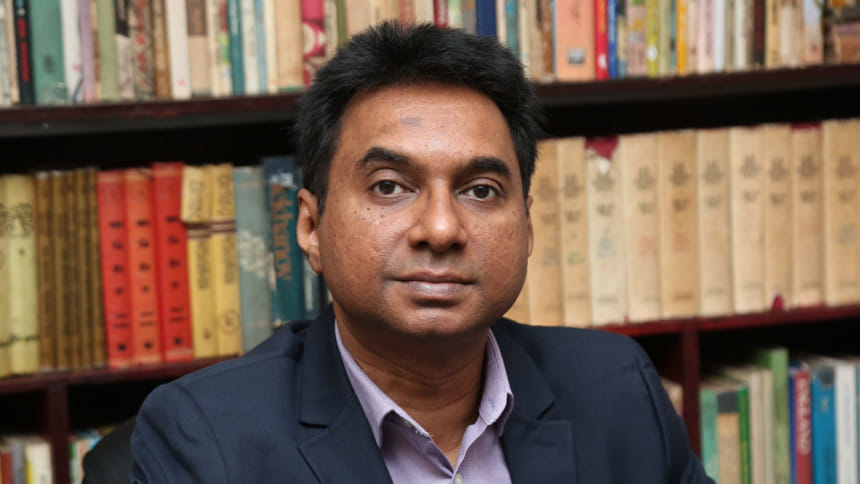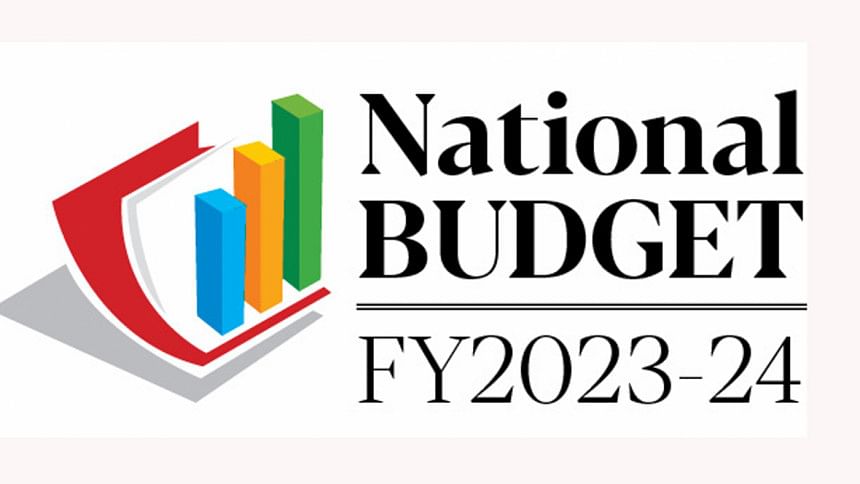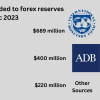Assess gravity of current problems first

The government is yet to take any comprehensive corrective measures to tackle macroeconomic challenges as it has not properly assessed the gravity of the situation in the current fiscal year, an economist said.
The crisis flared up from deep-rooted problems accumulating over the years, Prof Selim Raihan, executive director of the South Asian Network on Economic Modeling (Sanem), told The Daily Star in a phone interview on Saturday.
Though some pressure has reduced, many challenges prevail in the macroeconomy's primary drivers, such as export and remittance earning fluctuations, depletion of foreign currency reserves and inflationary pressure on low-income people, he said.
"If you want to take a collective measure, you have to understand the problem first with its gravity and why it happens," he said.
"I still don't see such a proper assessment in the current fiscal year," said Raihan, also a professor of economics at the University of Dhaka.

He went on to say there was a common narrative in the market justifying for the crisis -- the post-pandemic effect and the ongoing Russia-Ukraine war.
"I don't disagree with this narrative. Of course, these issues contributed here. But the domestic management issues are the causes," said Prof Raihan.
The country still has some weaknesses in some areas. "We are still unsuccessful in revenue collection, addressing non-performing loans, containing money laundering and managing inflation," he said.
The development partners have done their assessments and taken steps, such as International Monetary Fund (IMF) attaching conditions on giving loans, said Raihan.
"This assessment should have been done from our own initiative. We, the economists, have been raising these issues for a long time, but the government did not take it seriously," he said.
If policymakers had conducted the assessments, collective measures could have been taken a long ago, he said.
Now it seems that the government is bringing about the reforms under pressure from the IMF and the World Bank, said Prof Raihan.
If this is the case, the reforms will not bear any "ownership" and would be "half-hearted", he said.
"It will be just measures taken to satisfy the IMF or get (loans in) instalments from them, which is not very helpful for the country, because (here) ownership is extremely important," he said.
The government has announced that the foreign exchange rates, which differ for purchase and sales, will be unified two or three months later, said Prof Raihan.
Making such an early announcement is not a very good idea and unscrupulous people can take advantage of it by charging more than the rates fixed by dealers and banks, he said.
"If you want to do it, do it now without giving any kind of chance for manipulation," he said.
Asked what he would have done had he been a policymaker, Raihan said he would have acknowledged the facts at first and would have tried to find the root of the problems.
Here, the good governance aspect lies in the proper implementation of the policies amidst the many obstacles and the way persons causing the impediments are handled, he said.
"Can these reforms be brought about against vested interest groups? I would have put emphasis on it," he said.
"In the last decade, we had a successful macroeconomic stabilisation story. But there are many fragilities in the main pillars of the current issues. We have to think about how to strengthen the pillars as the LDC graduation is ahead," said Prof Raihan.
Bangladesh is to make the United Nations status graduation from a least developed country to a developing one in 2026.
"So, the government should synchronise reforms for the critical issues, not half-heartedly. That's why this year's budget is very important," he said.

 For all latest news, follow The Daily Star's Google News channel.
For all latest news, follow The Daily Star's Google News channel. 







Comments